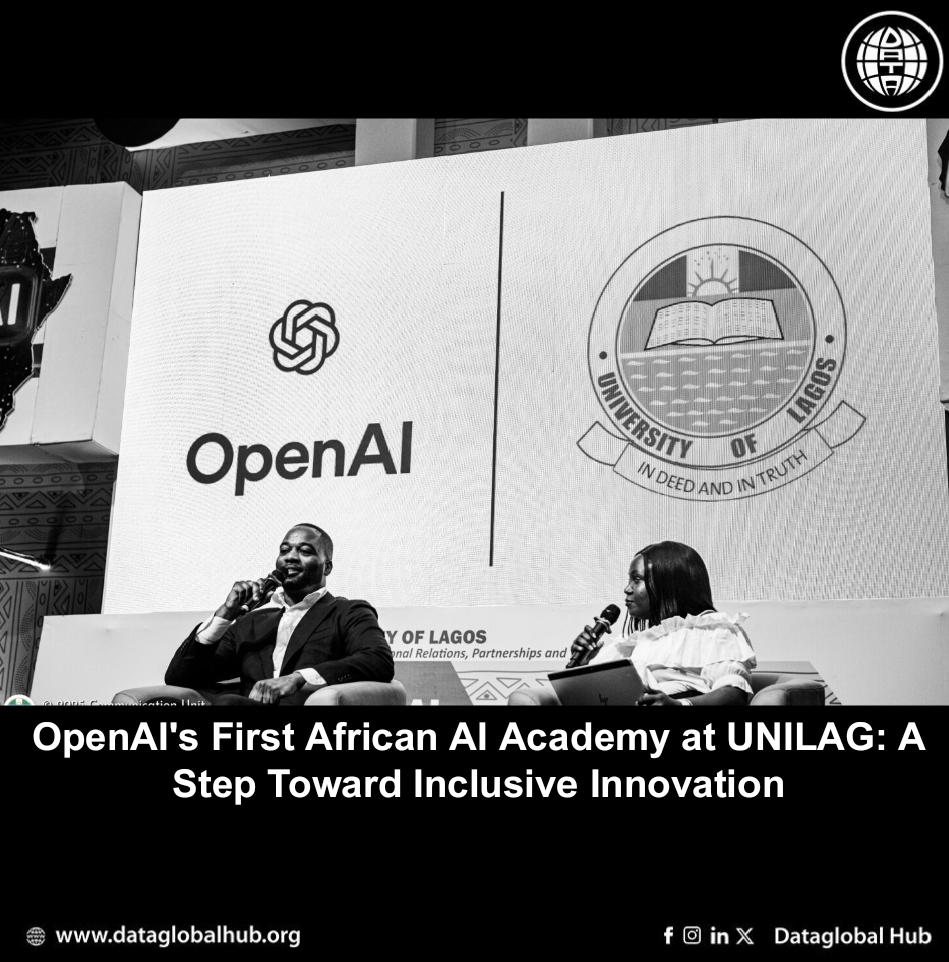
OpenAI's First African AI Academy at UNILAG: A Step Toward Inclusive Innovation
Translate this article
During UNILAG’s International Week in Akoka, Lagos, OpenAI announced the University of Lagos (UNILAG) as the host of its first African AI academy. This move positions Nigeria as a key player in AI education and research on the continent.
UNILAG’s interdisciplinary approach, blending engineering, linguistics, and social sciences, aligns with OpenAI’s goal of fostering equitable AI development. Emmanuel Lubanzadio, OpenAI’s Africa lead, emphasized the academy’s role in nurturing local talent and ensuring AI innovation serves diverse communities. The initiative aims to make AI an "equalizer," addressing real-world challenges in sectors like healthcare and governance.
Professor Folasade T. Ogunsola, UNILAG’s vice-chancellor, highlighted the need for African institutions to become active creators in the AI landscape. She pointed to UNILAG’s ongoing projects, such as health innovation challenges, as evidence of its capacity to develop contextually relevant solutions. Nigeria’s government, represented by Dr. Olubunmi Ajala from the National Centre for AI & Robotics, also backed the initiative, noting AI’s potential to reduce inequalities.
How It Can Improve
The academy’s success hinges on execution. By offering specialized training and access to OpenAI’s tools, it can empower students and researchers to develop AI solutions that address Africa-specific issues, such as improving healthcare diagnostics or optimizing agricultural systems. It could also foster entrepreneurship, enabling startups to leverage AI for local markets, as seen in Nigeria’s growing green-energy sector.
To maximize impact, the academy should prioritize:
Backed by Nigeria’s government, as voiced by Dr. Olubunmi Ajala, the director of the National Centre for AI & Robotics, the academy could bridge inequalities by equipping Africans to shape global AI narratives.
However, sustained funding, clear curricula, and measurable outcomes will be critical to avoid it becoming a symbolic gesture. If implemented effectively, this partnership could redefine Africa’s role in the global AI landscape, fostering innovation that is both impactful and inclusive.
About the Author

Aremi Olu
Aremi Olu is an AI news correspondent from Nigeria.
Recent Articles
Subscribe to Newsletter
Enter your email address to register to our newsletter subscription!